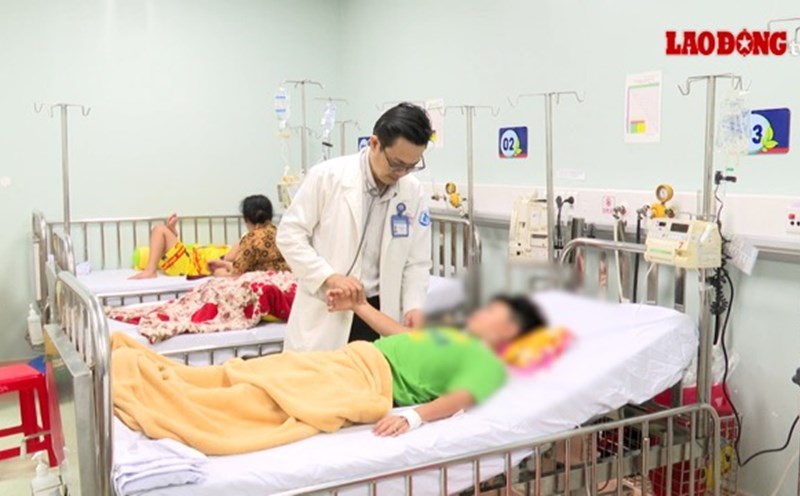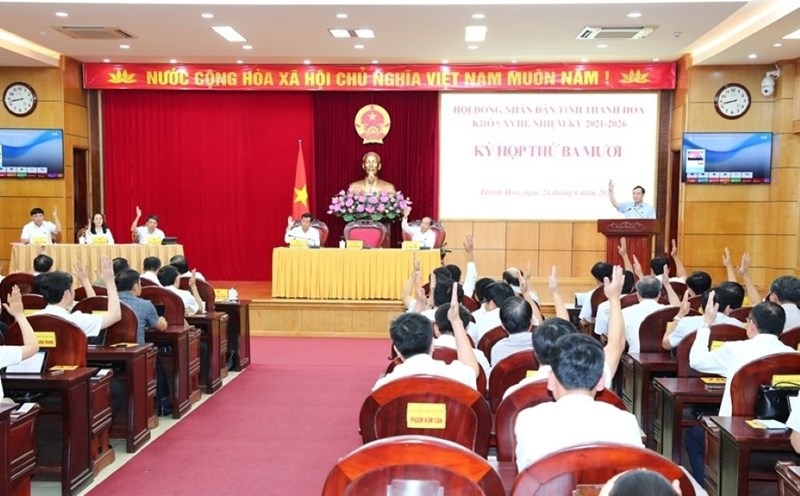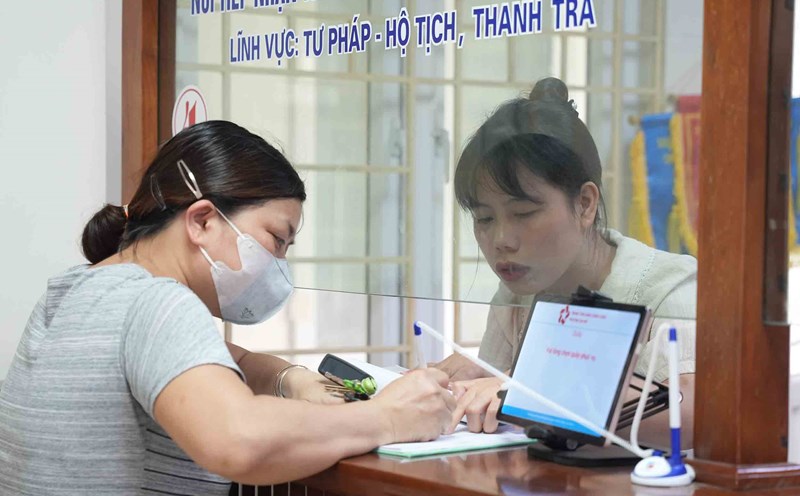Causes of dengue fever in infants
Like adults, infants get dengue fever when bitten by an infected Aedes mosquito. According to UNICEF, infants are at higher risk of severe dengue fever than healthy adults because their immune systems are weaker.
During the care process, newborns can get dengue fever because parents accidentally let their children get bitten by mosquitoes by not letting them sleep under mosquito nets or forgetting to apply insect repellent. In some cases, pregnant women with dengue fever can also pass the disease to their children.
How to prevent dengue fever in infants
To prevent children from being exposed to mosquitoes and getting dengue fever, parents need to:
Keep your child sleeping under a mosquito net. In areas with a lot of mosquitoes, consider using a mosquito net for your child to play with.
Dress your baby in long-sleeved clothing and socks to minimize the chance of mosquitoes coming into contact with your baby's skin.
It is important to remove standing water where mosquitoes breed. Water can easily accumulate in containers such as flower pots and buckets, so empty and cover them regularly.
Close windows, doors or use screens to keep mosquitoes from entering your home.
Avoid taking children outdoors when mosquito activity is at its peak. Typically, Aedes mosquitoes bite two hours after sunrise and just before sunset.
Use mosquito repellents specifically designed for infants as recommended by your doctor. According to UNICEF, products containing lemon eucalyptus oil or para-menthane-diol should not be used on children under 3 years of age.
Keep your house clean and unclog drains to prevent stagnant water from creating conditions for mosquitoes to breed and develop.
Spray mosquito repellent during peak season.
Watch out for symptoms of dengue fever in children such as fever, rash and vomiting. Currently, there is no medicine to treat dengue fever, however we can control the symptoms of the disease.











